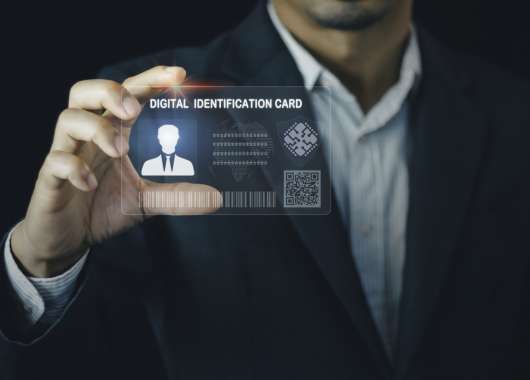Taxpayers foot a £1.3 million annual bill for lost government laptops and phones, as government device theft continues to rise, while experts warn your personal information could be exposed.
What this means for you
Over 2,000 government-issued devices vanished from UK agencies last year – including those handling healthcare records, tax data, and benefit claims. Government officials have been quick to assure citizens that each of the devices was protected by encryption to protect information. However, cybersecurity experts have revealed alarming gaps in security.
Unlocked phones or weak passwords on stolen devices could let criminals access sensitive citizen data like National Insurance numbers or medical history. Stolen government devices are a direct threat to citizens, privacy and financial security.
You might be interested in: How to Make Strong Passwords: Best Internet Safety Practices
The headline findings
- Your data exposure risk: Lost devices often contain records about you – from tax details to benefit applications.
- Your money at work: £1.3 million in taxpayer funds spent annually replacing lost tech.
- Highest-risk agencies: Departments handling YOUR sensitive data (like Department of Work & Pensions and the Home Office) had worst loss rates.
- Real-world consequences: Stolen devices often appear on black markets, potentially exposing your identity.
Your Privacy at risk through government errors
Encryption is the bare minimum for protecting data. Unfortunately, human error creates chinks in these defences.
Physically stolen phones can give instant access to your data, and perhaps important government IT systems, if they are not protected with a strong password. Even “secured” devices become vulnerable through phishing or weak employee passwords. Administrators will disable devices remotely – but there is still a window of opportunity that hackers may exploit to access and steal sensitive data.
Looking for tips on how to find a lost phone? Check out our guide How to Recover a Stolen Smartphone.
Some agencies choose to recoup IT costs by reselling unwanted laptops. If these devices are not securely ‘wiped’, they may still contain recoverable citizen information.
How big a problem is government device theft?
Theft and loss is surprisingly common in government agencies. Worryingly, the Ministry of Defence is the worst culprit, losing 103 laptops and 387 smartphones over the past year. Freedom of Information requests found that the Department of Work and Pensions (364 devices) and the Home Office (147 devices) were also badly affected.
How can you protect yourself?
- Monitor your accounts: Regularly check bank statements and gov service logins for suspicious activity
- Change your passwords: It is good practise to change your passwords whenever there is a breach or highly publicised device theft. You can use a password manager to make the process easier.
- Demand transparency: You can find out whether government agencies have lost or exposed your data by filing a Freedom of Information (FOI) request to the specific agencies involved.
The bottom line
This isn’t just bureaucratic carelessness – it’s your financial safety and privacy on the line. Every loss is also a waste of your hard-earned tax dollars.






